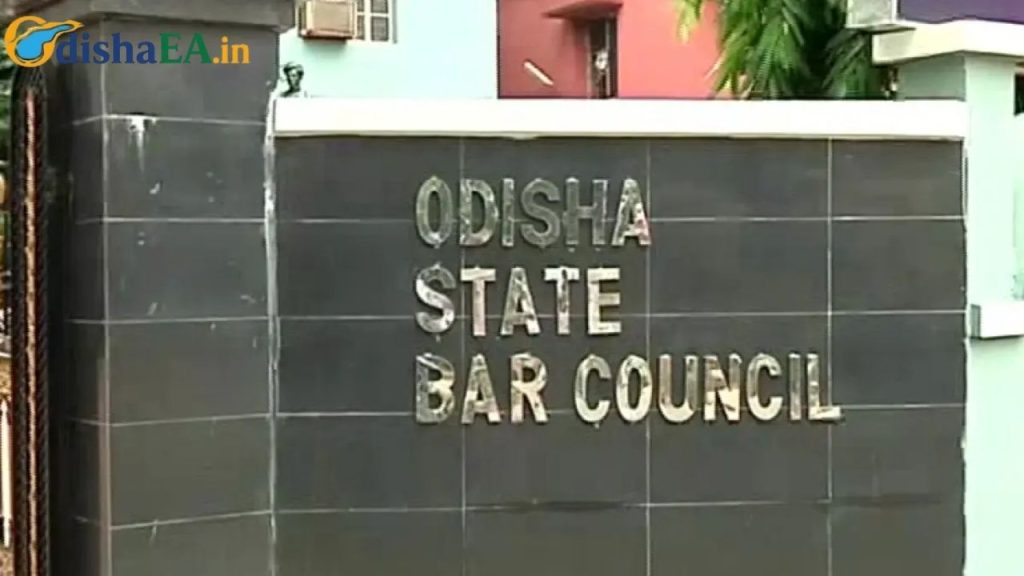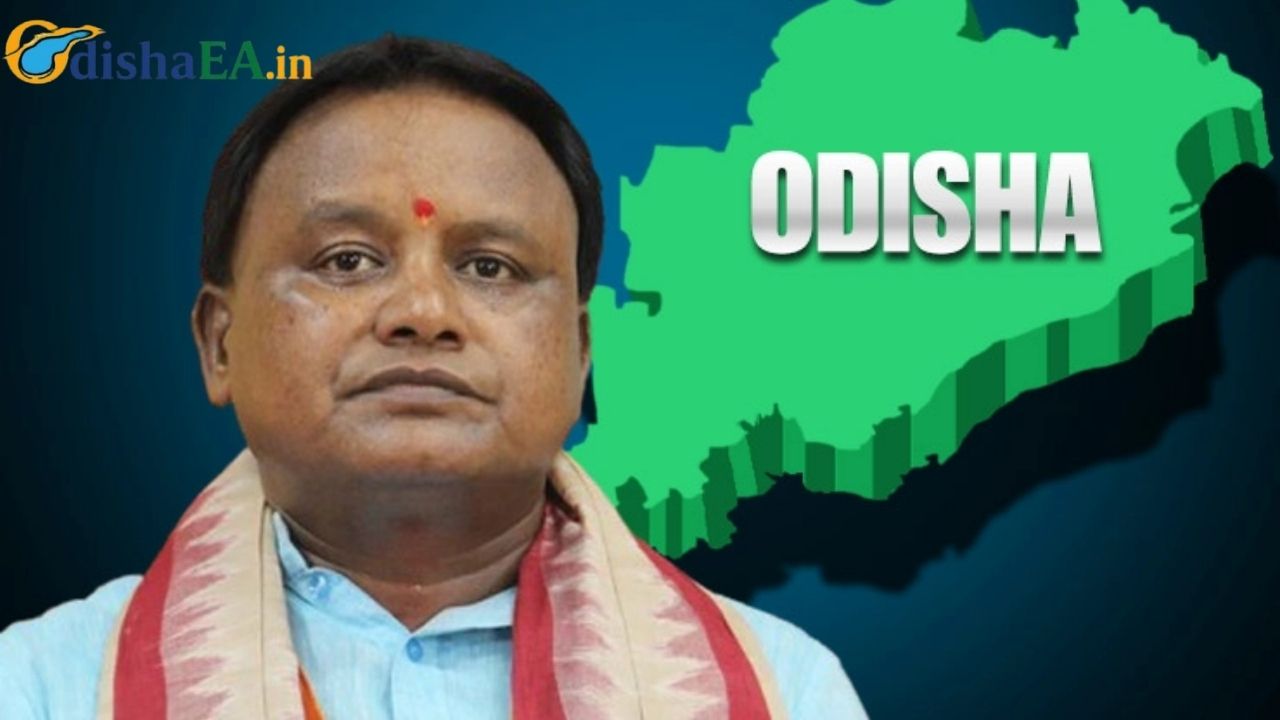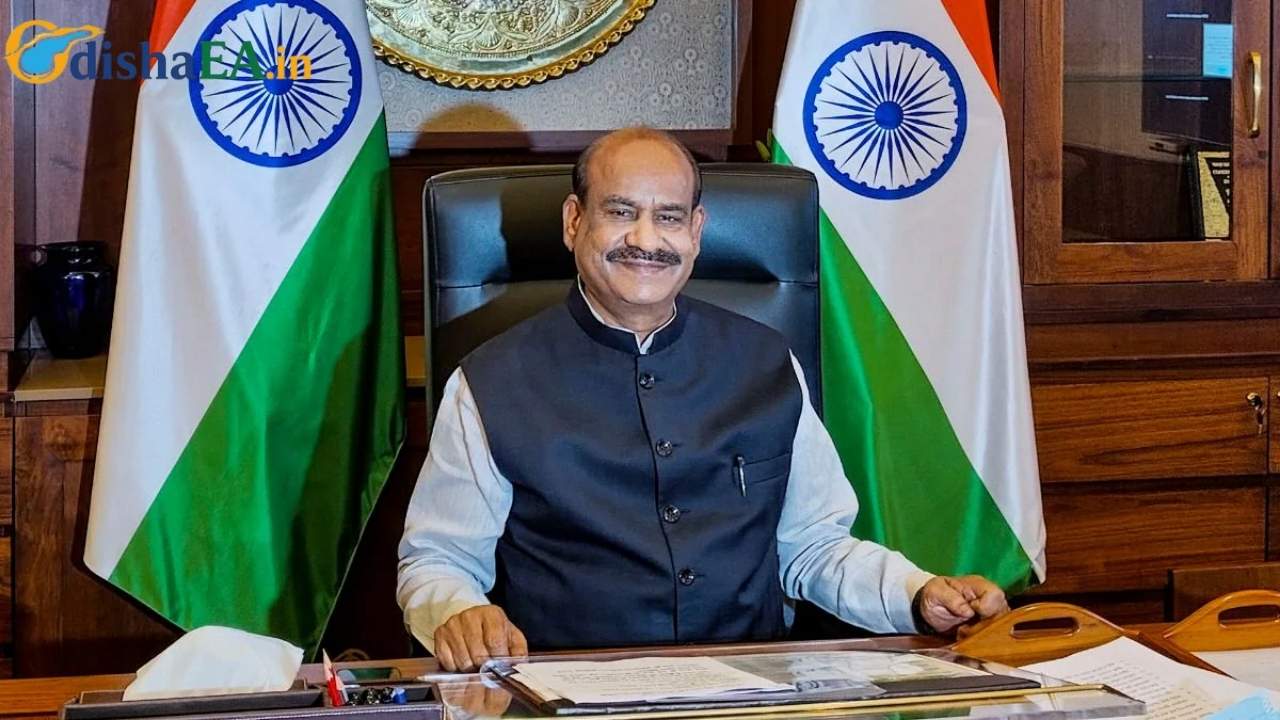If you’ve been following legal news out of India, you may have seen the headline: “Bar Council’s Bold Move: Odisha Lawyers Face Deadline to Prove They’re Still Practising.” Yeah, it sounds like a big deal—because it is. Imagine if in the U.S., the American Bar Association suddenly told every attorney: “Hey, prove you’re still practicing law—or you’re out.” That’s essentially what’s happening in Odisha, a state in eastern India.

Now, before you think this is just some distant issue with no connection to you, let me break it down: this story isn’t just about Odisha lawyers. It’s about how the legal profession worldwide is grappling with accountability, credibility, and modernization. Whether you’re a law student, a practicing attorney, or just someone curious about justice systems, there are lessons here that hit home.
Bar Council’s Bold Move
| Aspect | Details |
|---|---|
| What’s Happening | Odisha State Bar Council (OSBC) is pushing lawyers to prove they’re still actively practicing law. |
| Why It Matters | Thousands of lawyers may not actually be practicing, affecting case loads, credibility, and justice delivery. |
| Stats | In 2021, OSBC verified only 5% of lawyers’ degrees in 3 years. Nearly 40% hadn’t submitted mandatory declarations. |
| BCI Rules | The Bar Council of India’s Certificate and Place of Practice Rules, 2015 requires lawyers to prove practice status periodically (BCI Official). |
| Digital Push | As of August 1, 2025, OSBC launched an online enrolment and verification portal (OSBC). |
| Professional Impact | Lawyers who fail to comply risk being classified as “non-practicing” and losing rights in bar elections or court appearances. |
The Odisha lawyers’ verification deadline is more than just local legal drama—it’s a bold step toward accountability, transparency, and modernization. For the legal profession, it’s a reminder: you can’t stand still in a fast-changing world. Whether you’re in Bhubaneswar or Boston, being a lawyer today means staying active, proving your worth, and adapting to digital systems.
Just like in sports, if you’re not playing, you’re off the roster. And in law, the stakes are much higher than a ballgame—they’re about justice itself.
Why Is This Happening Now?
Here’s the thing: In India, like in the U.S., not everyone who passes the bar continues to practice. Some move into politics, business, teaching, or simply retire but never officially “sign off” from the rolls. The Bar Council of India (BCI)—kind of like the ABA but with more direct regulatory power—has been worried for years about “ghost lawyers” clogging up the system.

In Odisha specifically, the problem has been building. Back in 2021, reports showed that out of nearly 50,000 enrolled lawyers, only about 2,500 had their law degrees properly verified. That’s less than a decent high school basketball game turnout. Even worse, a whopping 40% never submitted declarations confirming they were still practicing. That creates confusion in courts, inflates bar association numbers, and—let’s be real—hurts clients who deserve clarity.
The New Deadline: Prove It or Lose It
The Odisha State Bar Council (OSBC) has basically said: “We’re done waiting.” With their new online enrolment and verification system launched on August 1, 2025, lawyers have to update their records, upload proof of practice, and get verified. If they don’t, they risk being marked as “non-practicing.”
And here’s where it gets serious: being tagged as non-practicing doesn’t just mean a bad look. It means losing:
- The right to appear in court.
- Voting rights in bar association elections.
- Access to welfare benefits, pensions, and insurance provided to advocates.
That’s like being benched from the legal profession, even if you once had a solid career.
What This Means for the Legal Profession (And You)
Even if you’re not in India, this move should get you thinking. Let’s draw a quick parallel: imagine if every U.S. attorney had to log into a portal every five years, upload proof of their practice (say, case files, firm employment letters, or tax filings), and risk suspension if they didn’t. Wild, right? But also, maybe not such a bad idea.
Here are three big takeaways for lawyers everywhere:
1. Accountability is Non-Negotiable
Clients need to know their lawyers are active and competent. Just like doctors go through re-licensing and continuing education, lawyers may need similar checks.
2. Digital Transformation is Here
The OSBC’s online portal is part of a bigger trend. Bar councils, courts, and law firms are moving online. In the U.S., we’ve already seen e-filing, virtual hearings, and digital CLE credits. It’s only a matter of time before full digital verification systems become standard.
3. Reputation is Everything
Nobody wants to hire a lawyer who might secretly be “non-practicing.” Transparency builds trust, and trust is the foundation of both law and business.
Practical Guide: How Lawyers Can Stay Ahead
If you’re a lawyer (in Odisha or anywhere), here’s a simple roadmap to avoid being caught flat-footed by verification rules.
Step 1: Keep Your Documents in Order
Maintain digital copies of:
- Law degree certificates
- Bar enrolment certificate
- Recent case briefs or firm employment letters
- Income tax records (if applicable)
Step 2: Stay Active in the System
- Pay bar association dues on time.
- Attend professional development programs (CLE in the U.S., CPD in India).
- Participate in bar council elections—your voting record is proof of activity.
Step 3: Embrace Technology
- Get comfortable with bar council portals, e-filing systems, and digital signatures.
- If you’re in the U.S., explore your state bar’s online tools—most already allow license renewals, CLE tracking, and compliance filing.
Step 4: Think Like a Business
Law is not just a profession, it’s also a business. Track your clients, keep receipts, and build a record of activity that doubles as proof for regulators.
Broader Impact: Justice and Public Trust
Here’s the kicker: this isn’t just about lawyers keeping their jobs. It’s about public trust in the justice system. If courts are crowded with names of lawyers who don’t actually practice, real practicing lawyers face heavier caseloads, clients may get confused, and justice gets delayed.
A streamlined, transparent roster means:
- Faster case allocation.
- More accurate bar representation.
- Greater trust from the public.
Pinaki Mishra Under Fire: Shocking Allegations of Crores in Financial Misconduct & Defence Deals
Over 51 Lakh Farmers Rejoice as CM Majhi Releases 3rd Installment—Here’s What It Means for You
CM Mohan Majhi Pays a Visit to LoP Naveen Patnaik, Inquires About Health
FAQs
Q1: What happens if a lawyer is declared “non-practicing” in Odisha?
They lose the right to appear in court, can’t vote in bar elections, and may be cut off from welfare schemes.
Q2: Is this happening across all of India?
Yes, in principle. The BCI’s Certificate and Place of Practice Rules, 2015 apply nationally. Odisha is just moving forward more aggressively.
Q3: Do U.S. lawyers face something similar?
Not exactly. U.S. lawyers typically renew their licenses annually or bi-annually with their state bars, often tied to CLE requirements. But there’s no central, nationwide verification system like India’s.
Q4: Can “non-practicing” lawyers return to practice?
Yes. They can reapply, provide proof, and get reinstated—but it may involve fees and waiting periods.
Q5: Where can I check official updates?
You can check the Bar Council of India’s website and the Odisha State Bar Council updates.






